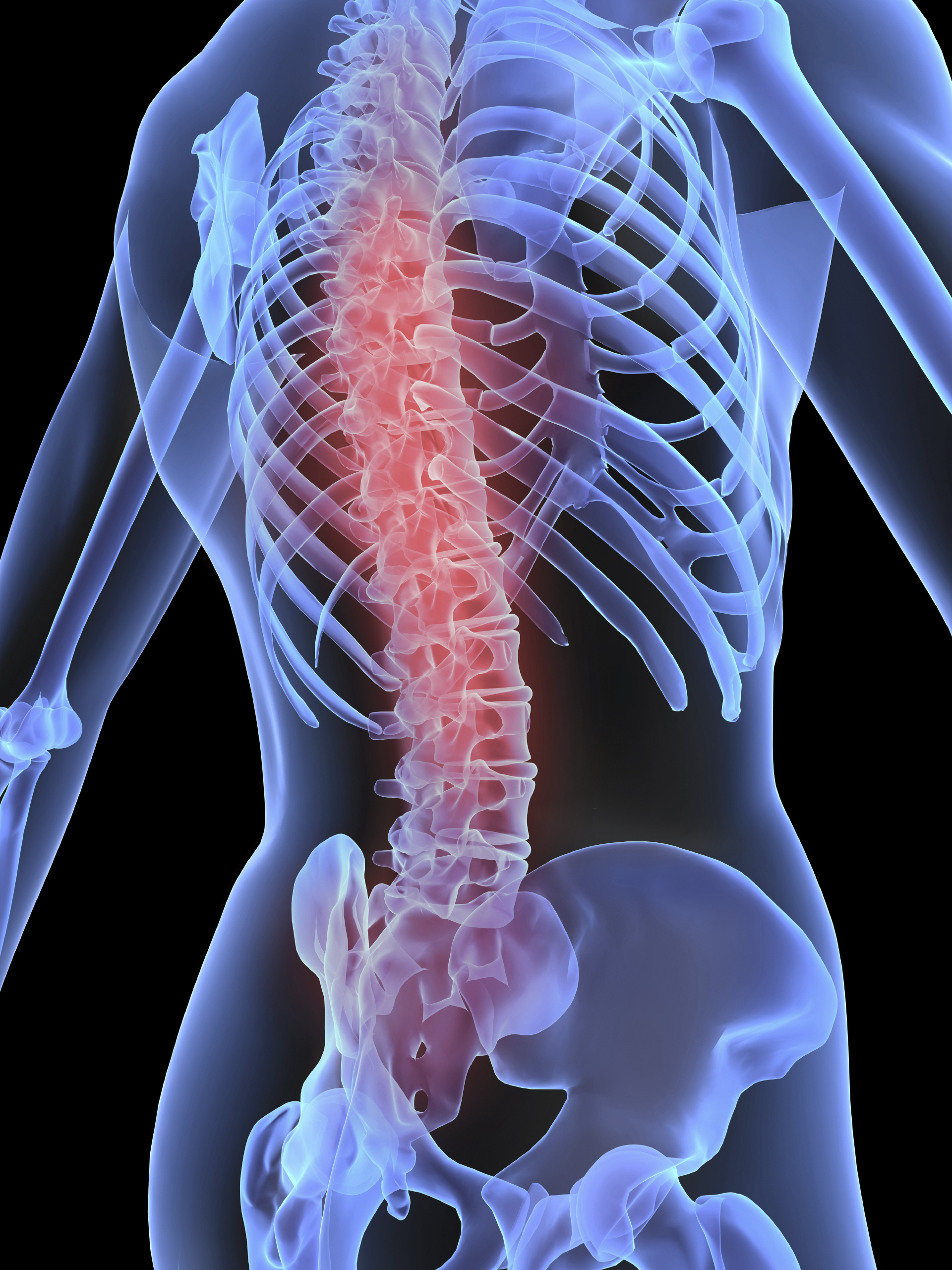What you need to know
- While the bladder and bowel are relatively simple organs, their control system is highly complex and becomes severely compromised following a Spinal Cord Injury (SCI).
- Existing bowel management techniques are far from ideal as around half of people living with SCI continue to experience incontinence, constipation and infections.
- Improving bowel management is a major priority among people living with a SCI.
In a nutshell
Recently, studies exploring epidural stimulation (stimulation of the spinal cord) for restoration of motor function after SCI have identified important improvements in pelvic (bladder and bowel) functions. In this trial we will explore epidural stimulation specifically targeting bowel function in people with SCI.
This study will recruit volunteers with SCI to undergo a short trial with epidural stimulation.This will involve the surgical implantation of electrodes close to the spinal cord, in the epidural space, whilst the device and wires are placed external to the body. Stimulation will initially be trialled in hospital to measure the effects on bladder and bowel function; then volunteers will trial stimulation at home alongside their usual bladder and bowel management.
People who respond well to the trial will then be offered a fully implantable epidural stimulator. We will ask them to use their stimulator at home for 8 weeks whilst performing a programme of pelvic floor muscle training. Before and after the programme, we will measure their bowel function. At the end of the trial, volunteers can have their implanted devices removed or keep them.
How this supports our goal to cure paralysis.
Restoration of bowel, bladder and sexual function are rated among the highest priorities for recovery in individuals with SCI. Not only do these conditions individually impact the health-related quality of life, but they also have life-threatening complications. For example, stimuli from bladder (during care, catheterization, or evaluation) are the most frequent triggers of severe episodes of hypertensive crisis known as autonomic dysreflexia. Despite this, the vast majority of research is focused on overt disabilities following SCI (e.g., motor paralysis), whereas more devastating ‘invisible’ disabilities, like pelvic organ dysfunctions, are unfortunately understudied.
This research could help develop a safe and long-term route to improving these critical functions for those living with paralysis. This would be life changing, helping to restore freedom, and dignity to the community.
You may also be interested in


